Inside: When to start potty training. At what age is your child ready to potty train? Currently there is a drive to potty train children from an early age but does it do more harm than good? A pediatric doctor discusses the risks of both late and early potty training and the ideal age to begin potty training.
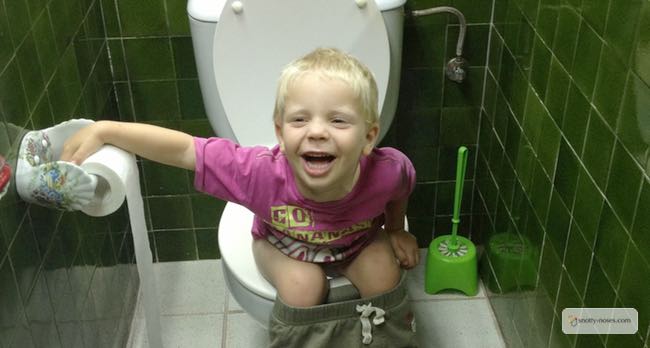
I remember my very first day of potty training with clarity, even though it was over 6 years ago. I finished nursing the baby, left my potty training prodigy (aged 2 years and a day) in the living room playing happily. I nipped away for a quick shower. Even mums have to dress right?
Seriously, I was gone 10 minutes max. Perhaps it was closer to 15. I figured I’d have time to sit him on the potty, encourage him softly to do a little tinkle and get on with our perfect day of playing happily and never screaming. (Yes, I do live in a world with background orchestral music where pink scented clouds drift across a serene blue sky. Don’t you?)
I returned to find him happily playing with his toys.
I am such an awesome amazing mom! We’re clearly going to rock this potty training lark.
The pink scented clouds had an earthy undertone. A hint of brown. A note of ponk.
The orchestra skipped a beat.
I looked a bit closer.
Yes, happily playing with his toys, a not-so-faint aroma coming from a sticky mess under his bottom and spreading around the carpet.
Yes, happily playing with his toys, entirely oblivious to the fact that he was sat in a big pile of squishy stinky poo. (At least he didn’t have a spoon in his hand like he did that one awful nappy free time. I’ll spare you the details!)
A big fat potty training disaster.
The orchestra stopped abruptly. The pink clouds vanished, replaced by a metaphorical thunder storm.
Of course he didn’t care. He pooped in his nappy every day, what was the big deal? My heart sunk and I realised potty training wasn’t as easy as I’d hoped. At least not when your child was only 2 years old and not really ready.
Keep Life Simple
Life with toddlers is hard enough yet as parents we feel compelled to compare ourselves and our kids to other families. This move to potty train children at a very early age, may work for some, but not all parents. My expectations of potty training boys aged 2 and nursing a young baby were clearly unrealistic and when we tried a few months later, it went much better. (Although it still took time and I suspect that if I’d done it even later, it would have been much quicker.)
The key is to find the right time for YOUR child and YOUR family. Forget about everyone else and do what you think is right for you.
The Earlier You Start, the Longer it Will Take
Science aside, this is my observation from watching children around me (and potty training 4 of my own.) Of course some people can potty train their 2 year old in 3 days, but I don’t think that all, even most children are capable of doing that.
Plus, the 3 days is just the start. They are the hardest 3 days but most kids still have potty training accidents to a greater or lesser degree.
The older they are, the more they will have developed the skills and understanding they need to toilet train. If they are motivated and want to potty train, they will grasp the concept quicker if they are older.
Actually, it turns out there is a trickle of science behind it. (See what I did there?) A small study in a “Pediatrics” says that says if you toilet train between 17 and 19 months it will take longer than if you start later. Admittedly not that much science and the abstract doesn’t say HOW much longer. But science it is nonetheless.
Starting Potty Training Too Early Can Be Stressful
If you start potty training your child too early you’ll both get stressed. I can tell you this from personal experience. I remember trying to encourage my 2-year-and-1-day old to sit on the potty every half an hour and he just didn’t want to. He got upset. I got upset. The baby cried.
It was a total catastrophe.
Luckily I had the “wisdom” (I think it was actually exhaustion and lack of enthusiasm ) to stop and try again when we were all more ready. But if you carry on when it’s not working, you can create an issue out of it. It’s like pressuring your child to eat. The more you push, the less they want to eat.
The more you want your child to do something, the less inclined they are to do it.
The more you “encourage” them to change their behaviour, the more they dig in their little heals and point blank refuse.
The more you force potty training, the less they want to do it until you find you’ve got a whole big fat frustrating THING that you don’t know how to get out of.
Issues. We don’t want to go around creating issues for ourselves.
Risks of Toilet Training Too Late
There are a few articles swirling around the internet and in Journals that suggest that waiting too long, after 32 months, may lead to incontinence later on. The evidence isn’t that compelling and I’m tempted to think that the “not particularly strong” relationship between later toilet training and incontinence is because of some other factor that hasn’t been measured. For example, pre existing bladder problems that they aren’t measuring. The point being that the children would have urinary problems regardless of when they started to potty train.
It’s just a hunch. Not science at all.
Risks of Toilet Training Early
This article, written by a pediatric Urologist who specialises in children with bladder dysfunction, (the kind of guy who should know about this sort of thing) argues that children shouldn’t be potty trained before the age of 3. He argues that potty training before the age of 3 leads to children learning to hold onto their poo and wee.
We don’t want wee and poo holding. It’s really not great.
“Children – and I mean all children – don’t like to interrupt their lives to use the bathroom. Once kids learn to put off peeing and pooping, essentially the definition of toilet training, they tend to do so often and for as long as they can.”
I think he must have met my kids!
I see this so often in my children and I think it’s a common cause for toilet training regression. (But not one of those times when you have to worry abouttoilet training regression.)
He goes on to point out that chronically holding onto poos and wees can lead to urinary tract infections (definitely true) and that constipation can contribute to both the functional problems (the accidents) AND UTIs.
He is of course right, and he points out that lots of children eat a low fibre diet which contributes to all these problems.
And that of course, is why I’m so passionate about teaching kids to eat a healthy and balanced diet full of lots of fruit and veggies and less packaged foods.
If you’re having problems with Feeding Toddlers, I know a great book!
Bladders Grow More In Diapers
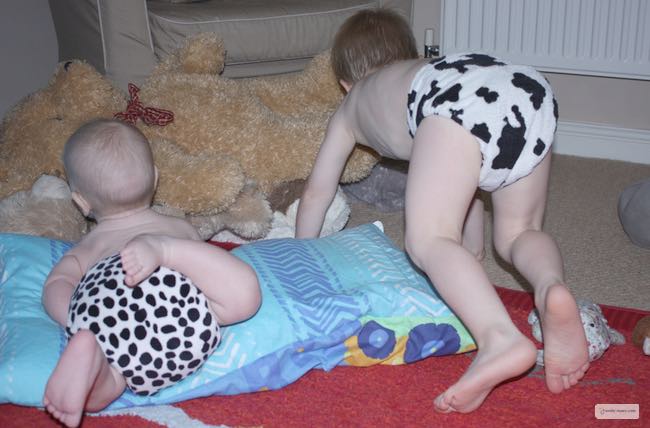
Interestingly he says that the bladder grows better when the child isn’t holding onto wee so that actually leaving your child in diapers for longer helps the bladder to grow to its maximum potential.
Children Need to Be TOLD to Wee
I love this tip from him:
“Children need reminders to use the toilet about every two hours. (And caretakers should never ask a child if he needs to go potty, because most kids will say no. It’s your job to instruct the child when to go.)”
Potty Training A 2 Year Old
In this video, he talks about a study that he did. He found that kids who potty trained under the age of 2 had over 3 times the risk of toileting problems and accidents later on in childhood.
He seems to have softened his “no potty training before the age of 3” to “don’t potty train before the age of 2, sometime around the age of 3.”
Toilet Training Age in a Nutshell
- Don’t Potty Train Before the Age of 2
- The “best” age is “around 3”, let’s go with 2.5-3.5
- If your child is having problem by the age of 4, check with your doctor. They may just need a little more time but it’s better to chat to your doctor.
What Does All This Mean for Me? When Can I Start Potty Training?
My take home messages from these articles are:
- Don’t Be in A Rush To Potty Train Your Children.
- Pick a Time when Your Child is Ready and You are Ready
- Make sure your child isn’t constipated.
- Encourage them to eat a healthy diet full of fruit and vegetables.
- After they are potty trained, TELL them they need to go to the toilet, don’t “INVITE” them as they’ll just say NO. (And even when you do tell them, you’ll find that they still say “NO”. I recommend working into your daily routine. You go to the toilet before you leave the house. You go to the toilet before you go to bed. My kids STILL say NO. It is one of the long list of things that we’re working on.)
- Children should drink mostly water (with fruit juice and other drinks as a treat). They should have water freely available.
- Kids should go to the toilet 5 or 6 times a day.
Potty Train Your Child At the Right Time
My story has a happy ending. I successfully potty trained my child a few months later. He was still quite young and continued to have accidents relatively frequently for a few years. (Potty training accidents are normal.) He didn’t ever have any problems with holding onto his wees or poos. He is a bit of a picky eater but I work really hard to teach him healthy eating habit and offer him a healthy diet. He has always been keen to use a spoon by himself. I wonder if that’s why he doesn’t like egg plants?
I teach him healthy eating habits because I don’t want him to get constipated but also I want him to grow up to be a strong and healthy adult. Whoever thought that healthy eating and potty training could be so closely linked!
Trouble Feeding Toddlers?
Are you having problems with feeding your toddler a healthy diet? It can be SO frustrating at times. Check out my Feeding Toddler Cheat Sheet and Food Diary, that you can get for free. Just sign up to my newsletter and I’ll send you helpful tips for the most stress free way to teach your kids healthy eating habits from an early age.
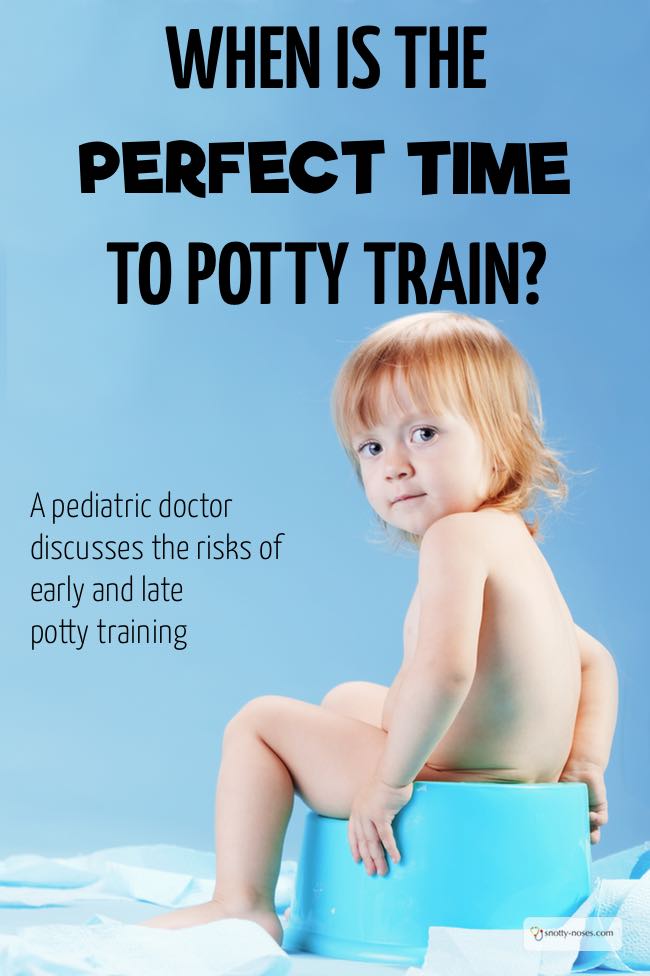

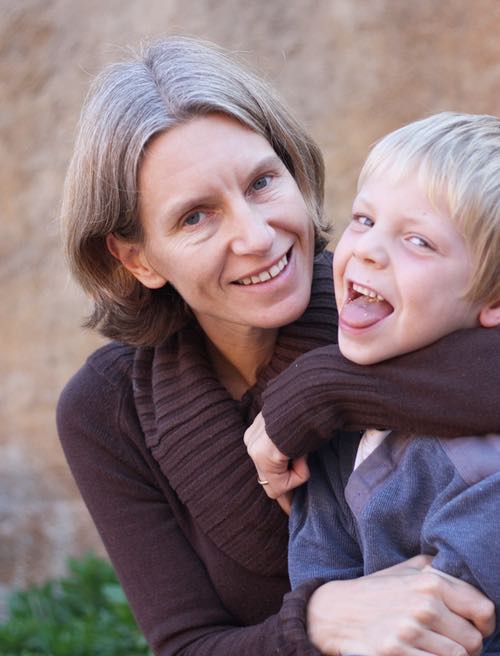
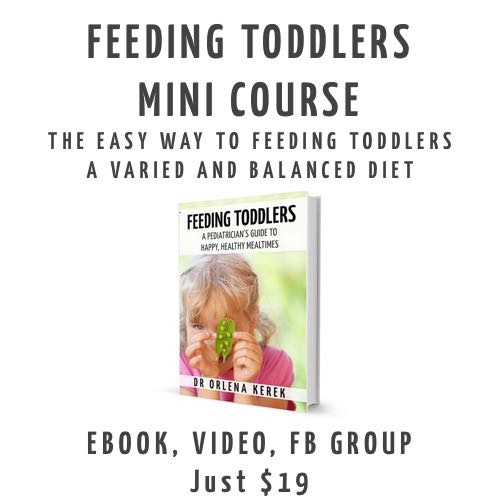 Feeding Toddlers.
Feeding Toddlers. Would you like your kids to eat more healthily? Check out the book!
Would you like your kids to eat more healthily? Check out the book!